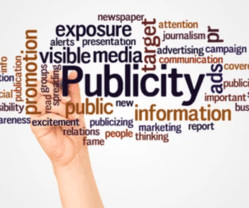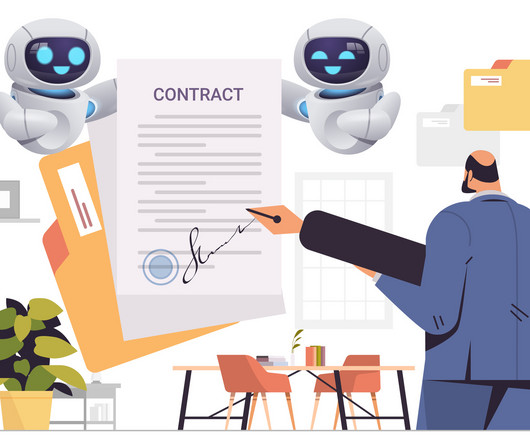The Interplay of Personality Rights and Freedom of Expression- the Jackie Shroff’s Case’
IP and Legal Filings
JUNE 29, 2024
Certain sections like 2(qq) and 38, define a “performer” and specify whether a person’s personality falls under the definition of a performer, under which a performer’s right may be asserted, hence prohibiting the unapproved marketing of a performer’s work. Ammini Amma and Ors.,











Let's personalize your content